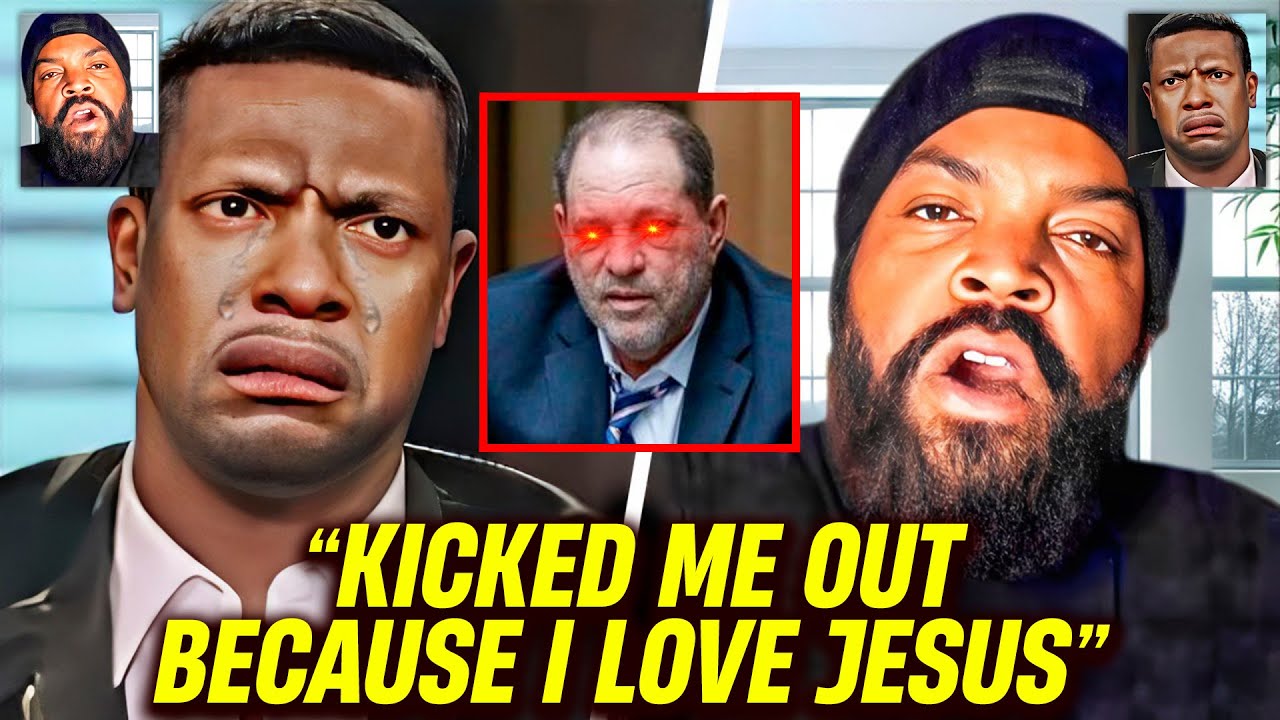Back in the late ’90s, Chris Tucker lit up Hollywood like a shooting star, earning his place alongside legends like Richard Pryor and Eddie Murphy. Remember his electrifying debut on Def Comedy Jam in ’92? That was just the beginning. Tucker quickly made his mark in movies like “The Meteor Man” and “House Party 3.” But it was in 1997 that he really stole the show, with standout roles in “Money Talks,” “The Fifth Element,” and a memorable cameo in “Jackie Brown.”
Then came the big one: “Rush Hour” with director Brett Ratner. That movie was pure gold, turning Tucker into a global sensation practically overnight. Suddenly, he was Hollywood’s golden boy, commanding jaw-dropping paychecks for each “Rush Hour” sequel. But as the new millennium dawned, Tucker’s star began to fade.
You might wonder why Tucker seemed to vanish from the silver screen after his “Rush Hour” glory days. Well, it wasn’t for lack of offers. Hollywood was knocking at his door, but Tucker became picky. Really picky. He turned down roles left and right, holding out for projects that spoke to his soul.
One big example? The “Friday” franchise. Despite a hefty $12 million offer to return, Tucker said thanks but no thanks. Why? Some say it was his newfound faith and distaste for on-screen profanity. Ice Cube spilled the beans, revealing Tucker’s religious awakening and reluctance to compromise his beliefs for a fat paycheck.
Tucker’s career took a different turn post-“Rush Hour.” He became all about quality over quantity, seeking roles that aligned with his values and artistic vision. Sure, his big-screen appearances became rare, but his comedic brilliance still shone bright on stage.
Now, after years away, Tucker seems poised for a comeback. With projects like “The Silver Linings Playbook” and “Billy Lynn’s Long Halftime Walk” on the horizon, and whispers of “Rush Hour 4” in the air, fans are hopeful. Will Tucker reclaim his throne as Hollywood royalty? Only time will tell.
In the end, Tucker’s Hollywood hiatus boils down to a mix of personal, artistic, and spiritual factors. While we’ve missed his infectious humor, his journey speaks volumes about staying true to oneself in a town where authenticity can be hard to find.
